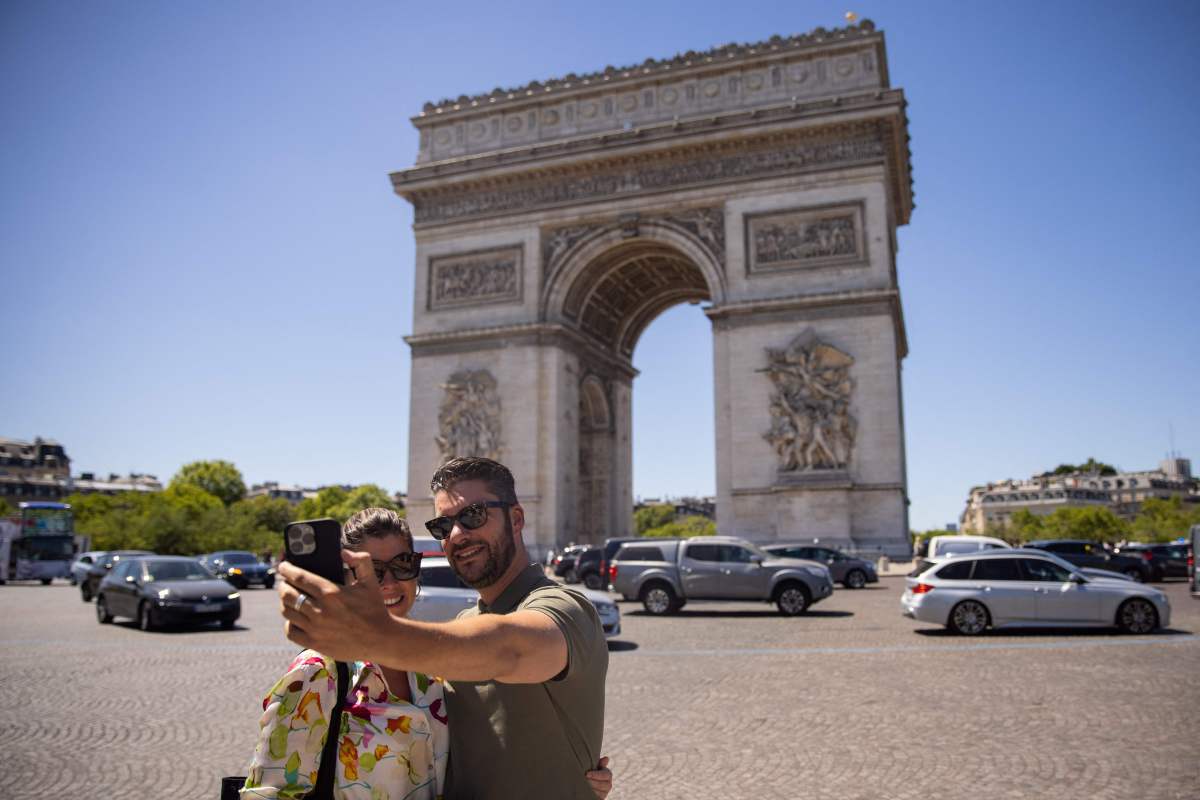Global travel continues to gain ground, with the World Travel and Tourism Council predicting the industry will cross $11 trillion in revenues this year. Consumers are evolving from the so-called “revenge travel” of the post-COVID-19 years, dedicating a growing share of their budget to a wider array of experiences away from home. Add AI to the mix, and we now have renewed investor interest in startups looking to disrupt the landscape with something new.
Riding the travel train, Berlin-based Tourlane — an agent-esque platform that lets users plan and budget trips, bringing together flights, accommodations, activities, and tickets — has raised a fresh €25 million ($26 million) in funding in hopes of capitalizing on those trends.
The Series D, led by Sequoia Capital, is intended as a bridge to help the company reach profitability, Julian Weselek, Tourlane’s CEO and co-founder, told TechCrunch. The startup will use the funds also to expand its tech, double down on AI, and potentially expand to more origination markets beyond its current bases in France and Germany.
The AI investment may be the detail that catches your eye. Weselek said the company is bringing in generative AI around the front end of the service to build more intuitive ways to help steer users toward options for what they want.
He said that won’t spell a full replacement of humans, though. “Is it possible to build the tech to give customers a fully automated offer? Yes, sure that can be done,” Weselek said. “I think the question is, if you know your marriage depends on this next holiday, do you want [that, or] to have a consultation with someone who has been in the country to make a sign off on the booking?”
Tourlane is also making a significant bet on the back end, where AI will help evaluate the thousands of permutations of flights, accommodation, cars, activities, time of year, and other variables to maximize the chances of getting users what they want — and Tourlane more revenues, too, as a result.
The company, Weselek added, has around 500 employees, of which about 150 are customer agents. He said as a “relative number” that figure is “going down,” compared to how many customers each agent helps. “They are becoming more efficient.”
Beyond AI, perhaps equally significant for Tourlane is the question of scale. Founded in 2015, the startup is now nearly a decade old, and to date, it says it has booked trips for 100,000 individuals (each person in a booking counts as an individual).
It’s also serving more customers: Weselek said last year was five times stronger than its last year before COVID-19 hit.
Still, relatively speaking, 100,000 isn’t a huge number. Figures from the UN estimate that the number of travelers globally totaled 790 million in the first seven months of 2024.
And it’s unclear what the payoff is for Tourlane. Like traditional travel agents, Tourlane makes a commission on the services it sells, but it does not disclose how much, instead saying the fee varies depending on different factors and partners.
Nonetheless, this is clearly a bet that Sequoia Capital feels is worth taking. The venture firm is now Tourlane’s largest outside investor.
“This is a unique moment in the history of travel. With AI, every traveler will have the opportunity to see the world through personalized custom travel experiences,” Andrew Reed, the Sequoia partner who led this investment, said in a statement. “Tourlane is positioned to delight millions of travelers in the years to come.”
Sequoia is an interesting name to have on the cap table, given the success the storied venture firm has had in travel so far. Its past investments have included Airbnb (one of its earliest investors, Sequoia became one of the biggest winners when it IPO’d), Skyscanner (one of Sequoia’s first investments in Europe, now part of Trip.com), Klook, and Kayak (now part of Booking), along with many other smaller startups in the space.
Other investors participating in the Series D include Target Global (a new backer), Jared Smith (co-founder of Qualtrics), and HV Capital.
Tourlane isn’t disclosing its current valuation, but for context, the last time it raised money — a $20 million Series C extension round — it had a $242 million valuation, the same as what it was valued in its original $47 million Series C. The first tranche of that Series C round closed just months before the pandemic hit, and the second closed in the middle of it, when Tourlane raised money to hang on until people traveled again.
Perhaps because of the rollercoaster that Tourlane has lived through so far, or because the valuation is modest this time as well, Weselek said he does not treat that number as a focus or priority.
“Company valuations in the private market are highly volatile and strongly influenced by several external factors that we can’t control, such as the cost of capital, investment hype cycles, and perceived risk levels,” he said. “What is important to us right now is the fact that we have successfully secured €25 million of funding from world-class investors, which enables us to bridge the path to profitability while further investing in our product, our service, and our growth. If we succeed in our ambitions, we will generate a lot of shareholder value in the years to come.”
